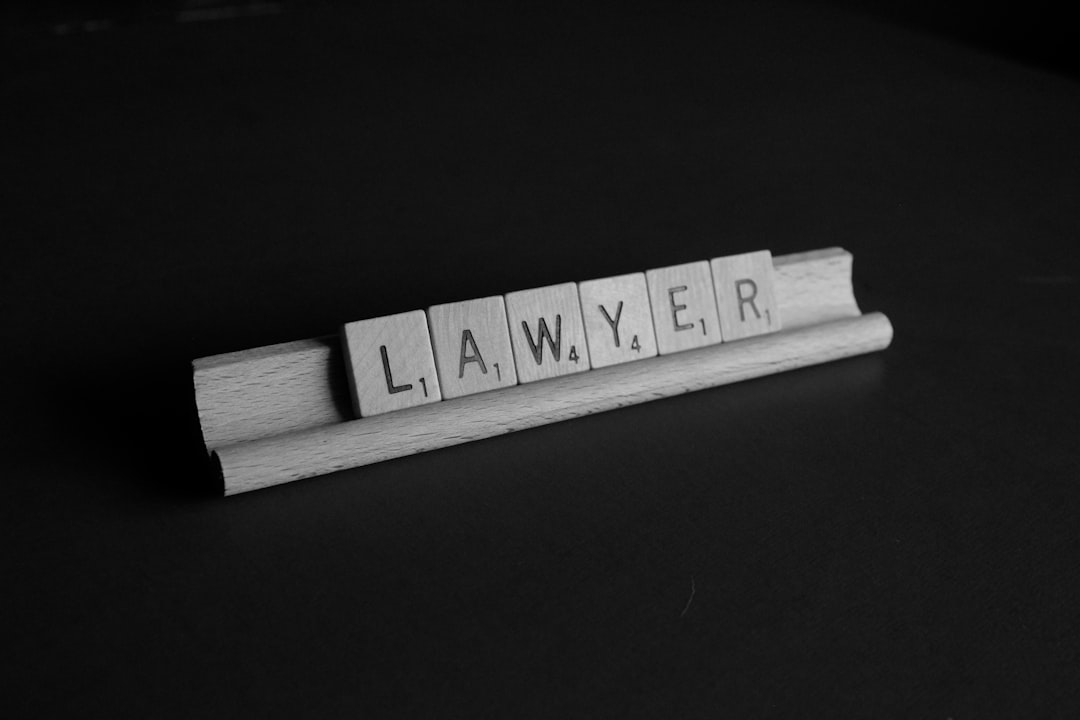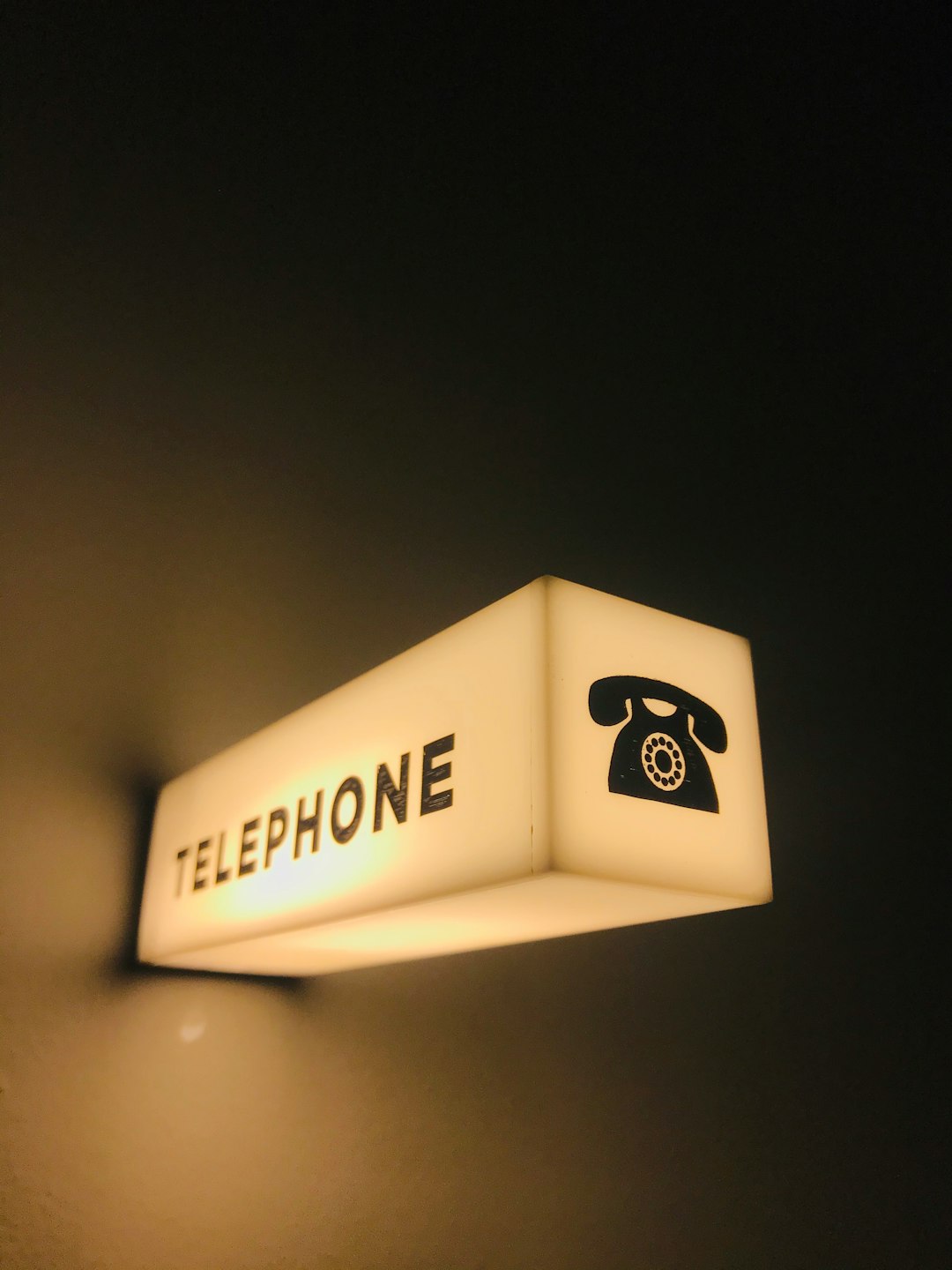Maine's strict Do Not Call laws empower residents to control telemarketing calls by registering their numbers. Businesses must comply with these regulations and use effective phone number scrubbing systems to avoid legal issues from Do Not Call Attorney Maine. Attorneys guide businesses through scrubbing processes, ensuring compliance and shielding companies from fines. Brunswick employs advanced techniques, including cross-referencing and machine learning, to verify phone numbers and minimize risks of contacting restricted individuals.
In the ever-evolving landscape of privacy regulations, understanding and adhering to Do Not Call laws is paramount, especially in states like Maine. This article explores Brunswick’s innovative approach to scrubbing telephone numbers for compliance, ensuring businesses remain legally sound while protecting consumer rights. We delve into the significance of Do Not Call attorneys in Maine, highlighting their crucial role in navigating complex legalities. Moreover, we uncover Brunswick’s cutting-edge techniques for effective number verification, showcasing how these methods revolutionize compliance.
Understanding Do Not Call Laws in Maine

In Maine, adhering to Do Not Call laws is paramount for businesses, especially with strict regulations in place to protect residents from unwanted telemarketing calls. These laws are designed to give citizens control over their phone numbers, allowing them to register and opt-out of marketing calls. A Do Not Call Attorney in Maine plays a vital role in ensuring compliance, guiding businesses through the intricate legal framework, and helping them implement effective scrubber systems for accurate telephone number management.
By law, Maine residents can register their phone numbers on the state’s official Do Not Call list, which automatically blocks most outbound telemarketing calls. Businesses must respect these preferences and employ robust scrubbing techniques to verify and maintain clean contact lists. This process involves verifying phone numbers against the Do Not Call registry, ensuring compliance at every stage of marketing campaigns to avoid legal repercussions from a Do Not Call Attorney Maine.
The Role of Attorneys in Compliance

Attorneys play a pivotal role in ensuring compliance with telephone number scrubbing regulations, especially for businesses operating within the stringent legal framework of places like Maine. In the case of Do Not Call lists, attorneys help companies navigate the complex rules to prevent unintended calls to consumers who have opted out. They guide organizations on best practices for data management and verification, ensuring phone numbers are accurately scrubbed from active calling lists.
These legal professionals provide expertise in privacy laws and regulations, helping businesses stay compliant with not only Maine’s Do Not Call Attorney requirements but also broader telecommunication standards. Their involvement is crucial for minimizing the risk of fines and legal repercussions that can arise from non-compliance, thereby fostering a culture of ethical and responsible data handling within companies.
Brunswick's Scrubbing Techniques for Effective Number Verification

Brunswick employs advanced scrubbing techniques to ensure accurate and effective number verification, a crucial step in maintaining compliance with regulations like the Do Not Call Attorney Maine laws. Their robust system starts by cross-referencing phone numbers against national and international databases, identifying invalid or non-existent lines. This initial scrub is followed by a detailed analysis of active and valid numbers, utilizing machine learning algorithms to detect patterns indicative of potential violations.
The company goes beyond simple number validation, offering comprehensive data enrichment services. By integrating various data sources, Brunswick enriches contact information with valuable insights such as location, demographics, and communication preferences. This allows businesses to tailor their outreach, enhancing compliance by minimizing the risk of contacting individuals on the Do Not Call lists or other restricted registers.






